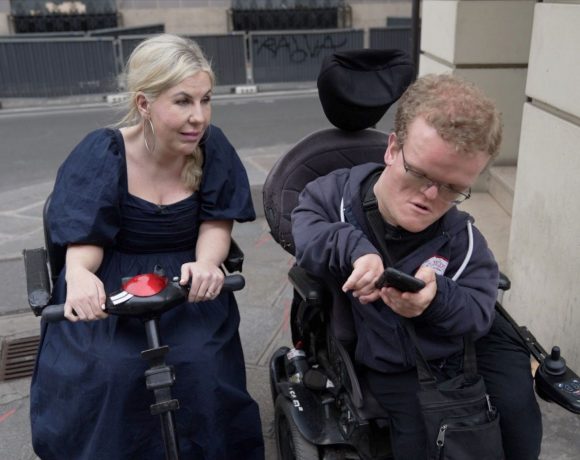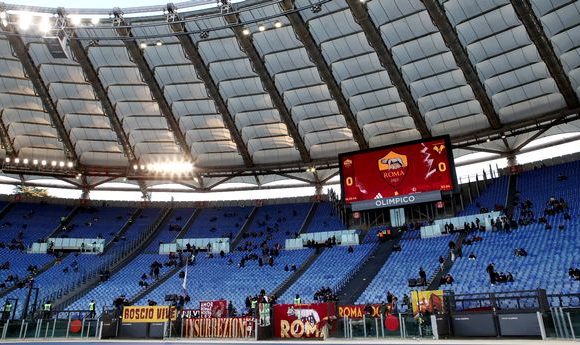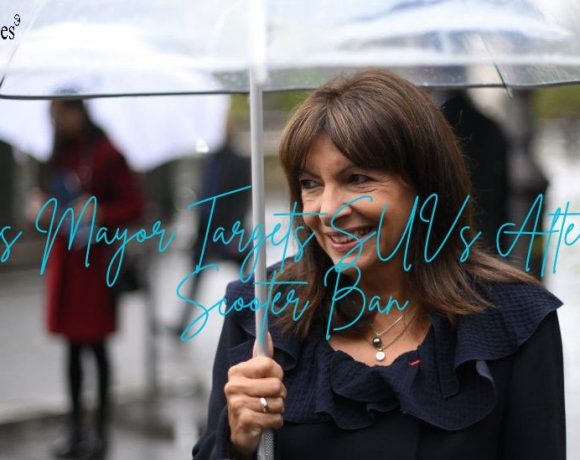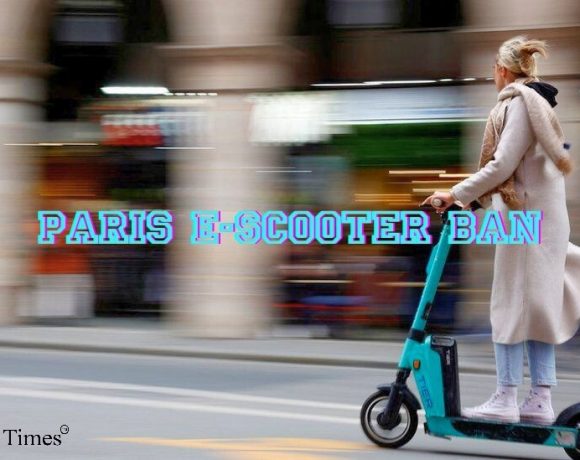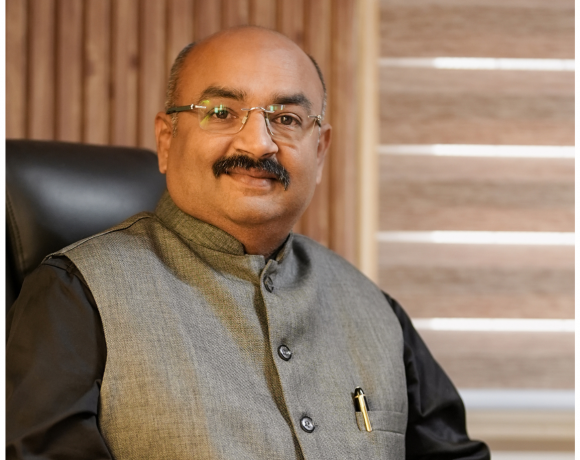
Starting with just three vehicles and no prior industry experience, Manoj Padikkal transformed Padikkal Travels into a trusted name in school transport and tourism through relentless determination, consistency, and a focus on quality. He shares how one opportunity grew into a long-term vision driven by innovation, discipline, and people-centric values. From integrating AI for enhanced safety to building strong industry relationships, his journey is a blend of tradition and technology. More than just managing vehicles and routes, his story is about building trust, upholding responsibility, and making a meaningful difference through dependable service.
In the early days of Padikkal Travels, what was the biggest learning curve you encountered as a newcomer to the industry?
When I launched Padikkal Travels in 2003, I had no background in the transport sector. What truly set things in motion was the support of a trusted contact who believed in my potential and gave me a chance to manage transport services. Sensing the opportunity, I decided to take the plunge with just three vehicles. From that point on, it’s been a continuous learning curve. The most unexpected challenge was stepping into an industry I knew little about—but I was driven to make the most of the opportunity and grow from every experience.
Was there a specific reason or experience that made you focus on the transport sector?
The journey into the transport sector wasn’t something I had planned. It began with a single opportunity. Someone saw a potential in me and offered me my very first contract. I didn’t have experience, but I had determination. After successfully handling that, nearby schools began reaching out, asking if I could take on their transport services, too. That’s when it clicked. I saw a real opportunity to build something meaningful. What started by chance turned into a calling. I realised that with hard work, trust, and consistency, I could create a service that made a difference in people’s daily lives.
Alongside school transport, you’ve built a strong presence in travel and tourism. How different is it in terms of challenges and customer expectations?
Travel and tourism come with their own set of challenges. But compared to school transport, it’s definitely more flexible. School transport demands constant vigilance; you’re responsible for the safety of young children every single day. There’s no room for error. Even a single day off isn’t an option, and if a bus breaks down, it has to be resolved immediately. The expectations are much higher because parents are trusting you with what matters most to them. In tourism, while safety is still a priority, the urgency and emotional responsibility aren’t as intense. Managing school transport teaches you discipline, precision, and accountability, and those values carry over to every other part of the business.
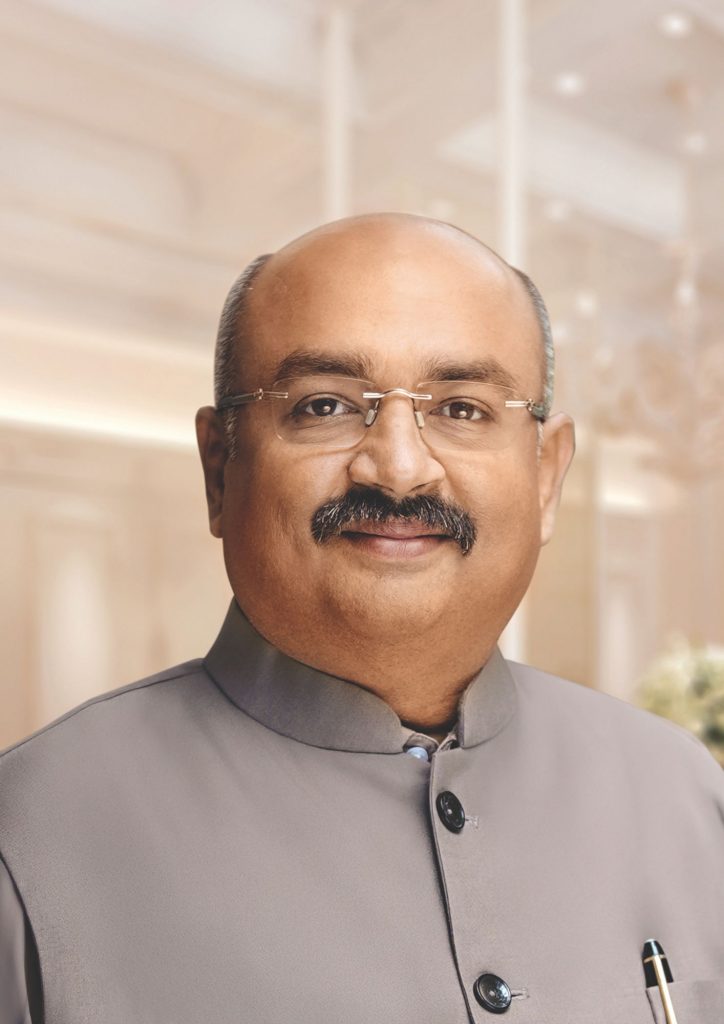
In a service-oriented industry like transportation, what strategies have helped you consistently meet client expectations and resolve issues efficiently?
It begins with building the right team. A strong HR foundation allows us to recruit individuals who not only have the necessary skills but also share our core values—safety, punctuality, and professionalism. We also maintain strict control over vehicle upkeep; all our buses are serviced regularly at our in-house garage to ensure they’re always in top condition. Just as crucial is communication—we prioritize client feedback, conduct regular site visits, and keep open lines of communication at all times. When problems do arise, we address them swiftly and personally. In this line of work, trust is everything, and how you respond makes all the difference.
Over the years, what guiding principle has shaped the way you lead and grow your business?
One principle I’ve always followed is to never compromise on quality and to remain accessible to clients at all times. In a people-centric business like ours, consistency and reliability are what earn long-term trust. Many of our clients have been with us for more than a decade, and that loyalty comes from strong relationships, not just service contracts. Being available, responsive, and committed to high standards every single day has been the key to building and maintaining enduring partnerships.
Your business spans several states and serves many institutions. How do you ensure consistency in service across different locations?
Consistency starts with building a strong foundation, clear systems, well-trained staff, and a shared commitment to quality. Across all our locations, we follow the same standard operating procedures and maintain strict checklists for vehicle maintenance, safety protocols, and daily operations. Our teams are regularly trained and monitored to ensure they uphold the same standards, no matter where they are. We also conduct site visits, gather regular feedback from clients, and stay in constant touch with our teams on the ground. It’s this hands-on approach and attention to detail that help us deliver a seamless experience across the board.
Have there been any moments of feedback from a parent, student, or school that deeply impacted how you see your work?
Definitely. Some of the most impactful lessons came from the early stages of the business, when we received critical feedback. Rather than seeing it as a setback, we took it as an opportunity to improve. That input helped us refine our systems and raise our standards. One piece of advice that stayed with me was to never become complacent—always keep evaluating and evolving. A moment I often recall is when a school principal said, “I never have to worry about transport anymore.” It wasn’t a grand statement, but it spoke volumes about the trust we had built. Feedback like that reminds us of the responsibility we carry and the value of consistency.
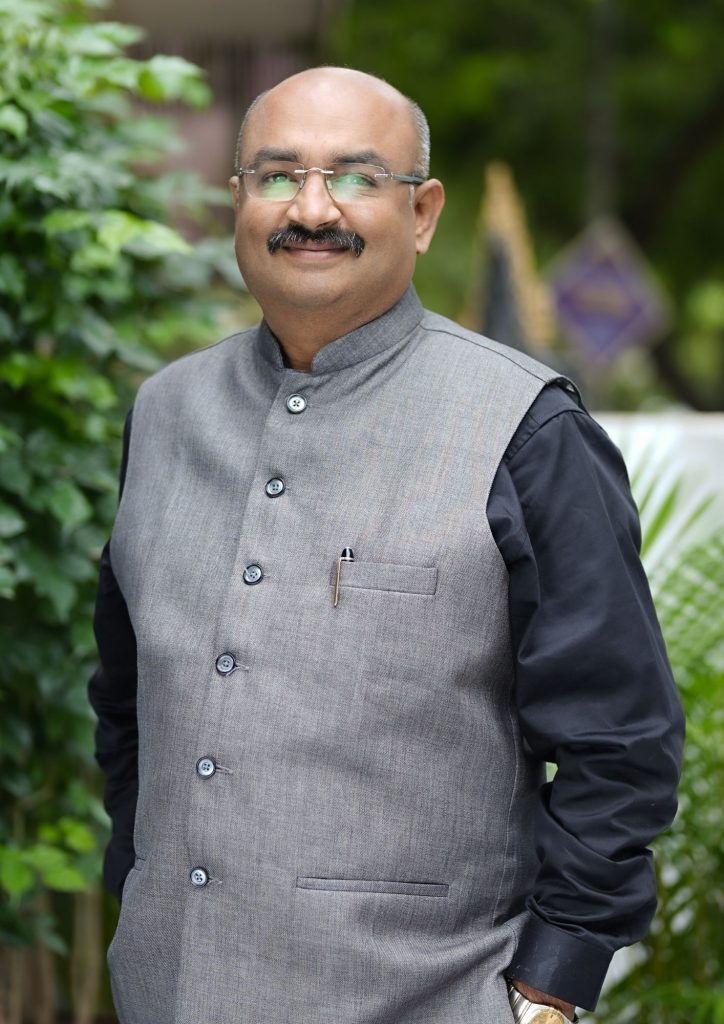
Running a demanding business often comes with personal sacrifices. How has your family supported you through the challenges of this journey?
In this line of work, challenges are constant—be it sudden breakdowns, staff shortages, or regulatory changes. During those unpredictable moments, my family’s support has been my foundation. They’ve encouraged me to stay the course during tough phases and have shown patience through long hours and high-pressure situations. More than just emotional support, they’ve given me clarity. When you’re making decisions that impact so many people daily, having a steady, grounding presence matters immensely. Their belief in me and the purpose behind what I do has helped me stay focused, resilient, and committed.
You hold key positions in transport associations like the Kerala Interstate Bus Operators Association and the Bus Operators Confederation of India. How has this exposure shaped your perspective on industry-wide challenges, and do you use those insights to influence your own business decisions?
Being in leadership roles within these associations has given me a much broader view of the transport industry. It’s made me aware of how different the rules, regulations, and taxation systems are across states, what works in one state can be completely different in another. I’ve also seen firsthand some of the key challenges we all face, like driver shortages, regulatory hurdles, and the slow pace of technological adoption in the sector.
At the same time, these roles have helped me build strong networks and stay ahead of industry changes. The insights I gain from discussions with operators across the country often inform how I run my own business. Whether it’s preparing for policy shifts, adopting new technologies, or simply learning from the experiences of others. It keeps me grounded but also forward-looking.
How are emerging technologies like AI shaping the way you manage your transport operations today?
AI is already making a meaningful impact on how we operate at Padikkal Travels. We’ve adopted several smart technologies—AI-based systems help us detect and prevent drunken driving, monitor driver fatigue, and instantly alert us if a driver appears drowsy. GPS integration allows us to optimise routes for better punctuality, while in-bus cameras offer live monitoring to ensure both driver accountability and passenger safety. We also use fuel theft alert systems to curb misuse and enhance operational efficiency. These tools have raised our safety standards, improved reliability, and deepened client trust. In today’s landscape, embracing such innovations isn’t a choice—it’s essential for sustainable growth.
Based on global best practices, what changes would you like to see in India’s school transport system?
I’ve always admired the structured approach seen in countries like Germany and the Netherlands, where school transport is handled with exceptional discipline and care. One standout practice I’d love to see adopted in India is the strict enforcement of road rules around school buses—particularly the rule that prohibits overtaking a bus when children are boarding or disembarking. These countries also have clearly designated zones for pick-up and drop-off, with traffic systems that prioritize student safety. While India has made notable progress, we still lack this level of infrastructure and driver discipline. Adopting such global standards could greatly enhance safety and bring much-needed structure to our school transport system.

Can you share how your family contributes to the business and the role they play in its growth?
My family has been the backbone of this entire journey. My wife, Reshmi Manoj, who holds a postgraduate degree, is a Director at Padikkal Travels and plays a vital role in managing day-to-day operations and ensuring everything runs smoothly behind the scenes. Our daughter, Megha, is also a Director in the company. She has a BA in Economics (Honours) from Christ College, Bengaluru, and recently completed her MA in Public Policy from O.P. Jindal Global University, Delhi. Her academic background adds a unique policy-oriented perspective to the business.
Our son, Madhav, is currently in the 12th grade in Bengaluru, studying arts and humanities. He has already shown great interest in joining the business in the future. As a family, we’ve worked together to build Padikkal Travels into one of the most trusted names in school transport across South India. It’s been a collective journey rooted in shared vision, dedication, and mutual support.
What core mindset do you believe every aspiring entrepreneur should develop?
The most important shift in mindset is understanding that success doesn’t happen overnight. It demands relentless hard work, discipline, and consistency—every single day. Challenges are inevitable, but how you respond to them defines your path.
Even after all these years, there are nights I’m working till 2 a.m., only to wake up again at 4 a.m. to make sure everything is in place. That kind of dedication isn’t optional—it’s what the business requires. Dreaming big is important, but dreams only come true when you back them with unwavering effort and a never-give-up attitude.
Pic Courtesy: Pegasus Photography/ images are subject to copyright

